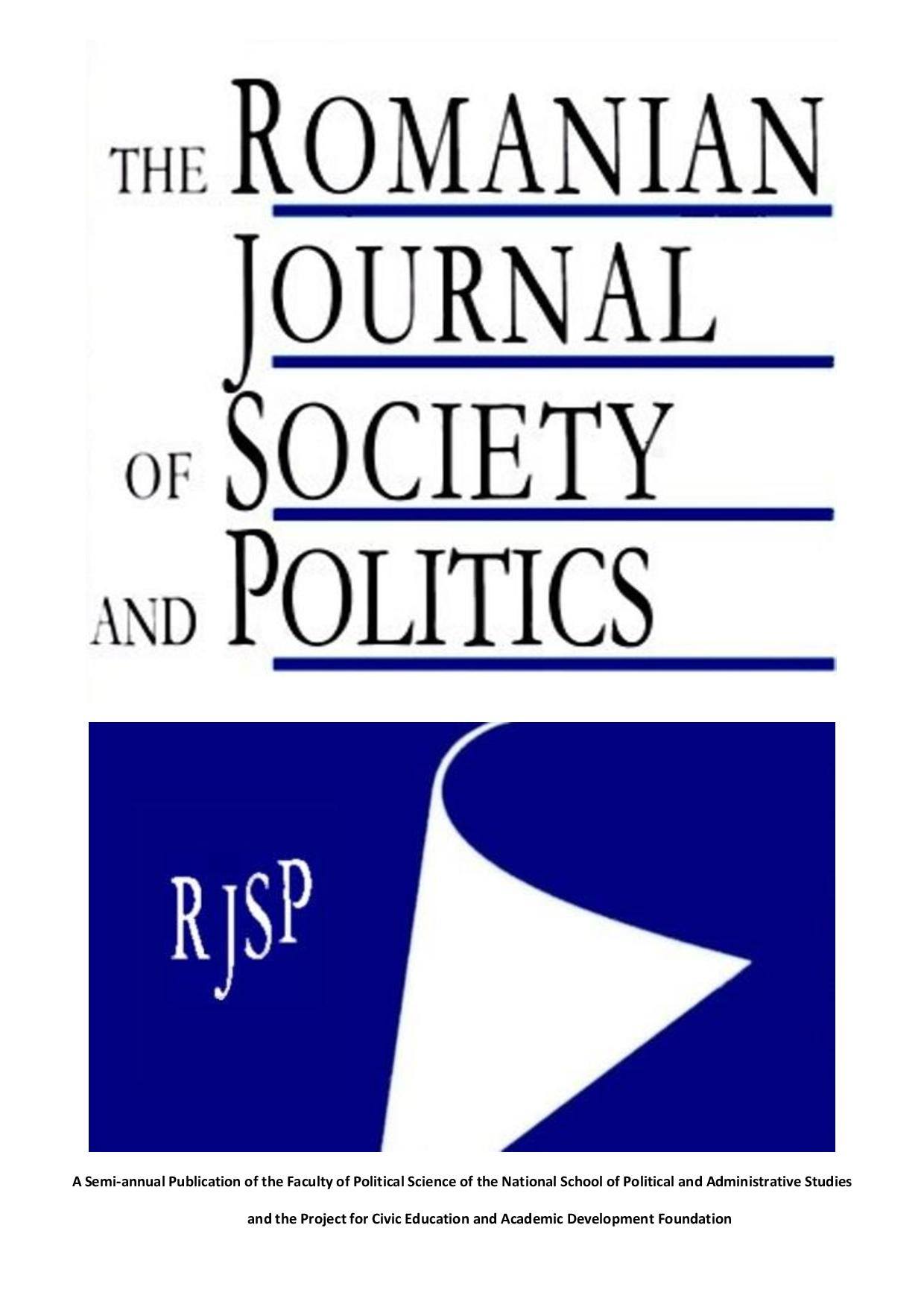THE DRAFT LAW ON THE STATUS
OF NATIONAL MINORITIES VERSUS THE REAL CHALLENGES OF THE SYSTEM FOR THE PROTECTION OF MINORITIES
THE DRAFT LAW ON THE STATUS
OF NATIONAL MINORITIES VERSUS THE REAL CHALLENGES OF THE SYSTEM FOR THE PROTECTION OF MINORITIES
Author(s): Gabriel AndreescuSubject(s): Politics / Political Sciences, Politics, Inter-Ethnic Relations
Published by: Scoala Nationala de Studii Politice si Administrative (SNSPA)
Keywords: Draft Status of National Minorities; Ethnic business; Political and cultural rights; Liberalism; National Council of Cultural Autonomy
Summary/Abstract: The study proposes an in-depth discussion of the provisions of the Draft Status of National Minorities: the definition of national minorities,the cultural autonomy system, the monopoly of political and cultural rights,and lack of transparency in the resources usage, the statements of individuals concerning their affiliation to a national community, the provisions dealing with religions “specific” to minorities, and the status of national minorities as constitutive factors of the Romanian state. The intention to reform the system for the protection of national minorities by adding cultural autonomy to other provisions is a positive one. However, the solutions put forward are dissatisfying. The Draft Status destroys democracy within the minority communities; reinforces the status quo where it should be questioned; extends the monopoly of political groups regarding decision-making in the cultural and educational areas; creates the conditions for increased ethnic business and leads to unreasonably higher costs of the national minority protection system compared to the benefits. Particularly important is the fact that the Draft Status does not tackle the specificity of the two big “nationalizing minorities”, Hungarians and Roma population. Hungarians are experiencing a continuous population decrease and are concerned about the decline of the old Hungarian civilization in Transylvania. The Roma population is facing severe issues regarding social status and poverty and need to be provided with an environment in which this fragmented community may mobilize. They need creative solutions for institutionalization.
Journal: Romanian Journal of Society and Politics
- Issue Year: 6/2011
- Issue No: 2
- Page Range: 47-64
- Page Count: 18
- Language: English

